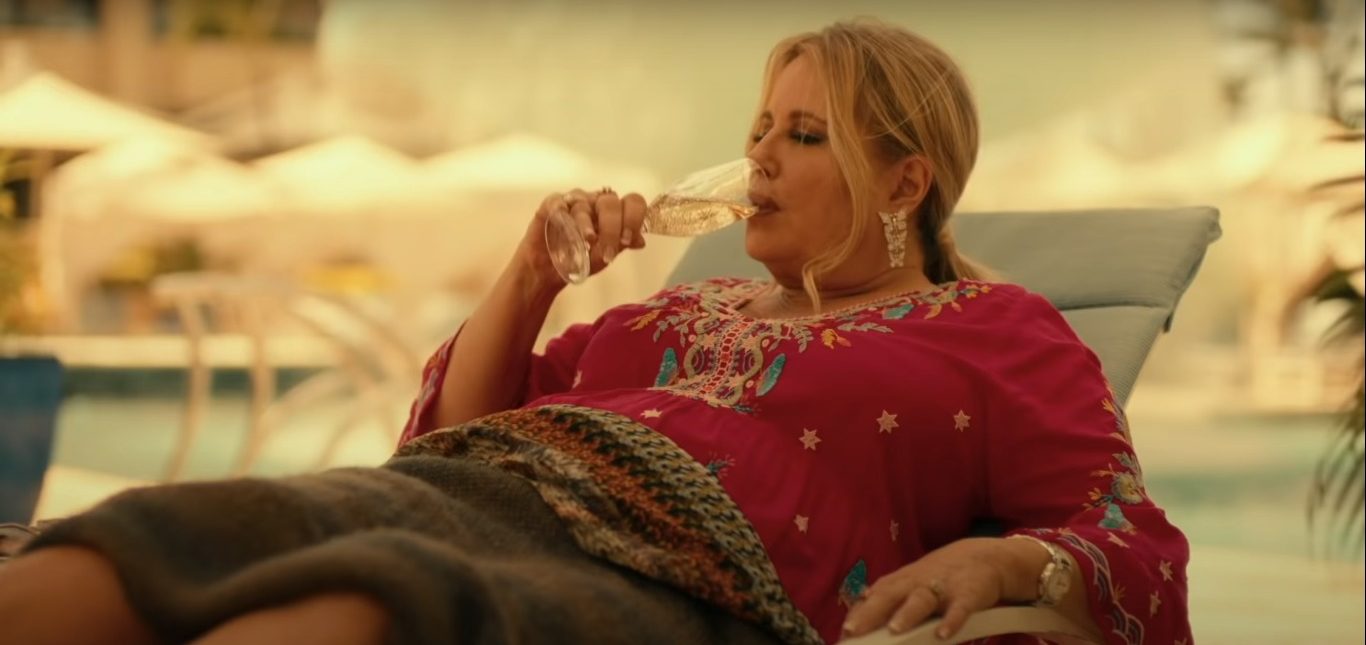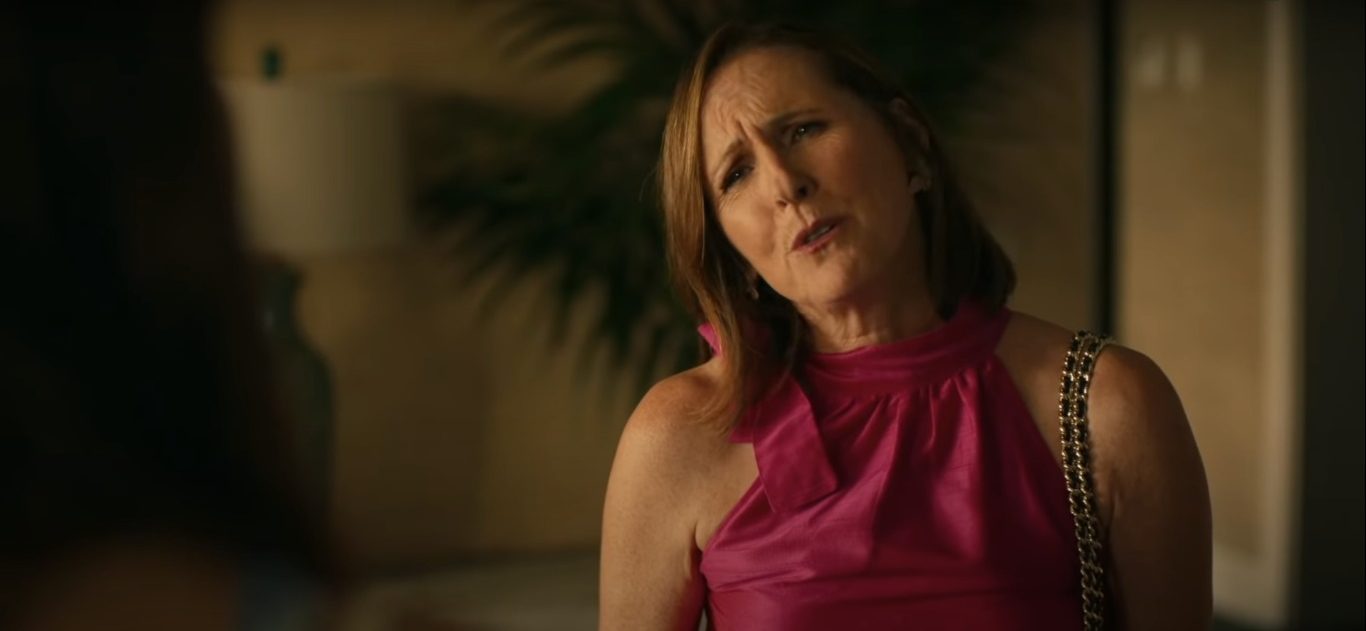HBO’s ‘The White Lotus’ is a satirical miniseries set almost entirely within the confines of a luxurious seaside resort in Hawaii. The dark comedy focuses on the wealthy guests of the property, whose almost unspeakable levels of entitlement lead the frustrated hotel staff to secretly take some very unflattering (but deserving) actions against their self-absorbed patrons.
The show’s characters, at most times unbelievably unlikable, are still strongly reminiscent of the ignorant and conceited attitudes sometimes associated with wealthy vacationers. Could some of these characters be based on real life, and does the show’s namesake resort actually exist? Let’s find out.
The White Lotus Holds Up a Mirror Through a Fictional Tale
‘The White Lotus’ is a work of fiction. The show’s opulent setting, which is usually experienced first-hand only by the uber-wealthy, while most others can only glimpse the surreal luxury through videos and pictures, makes it difficult to determine whether the story is true or not. Although the mini-series, created, written, directed, and executive produced by Mike White (‘Entitled,’ ‘School of Rock’), has no direct basis in reality, it does offer a dramatized representation of very real occurrences that persist in our society.

The show’s namesake property is also a fictional resort, as are its staff and vainglorious guests. ‘The White Lotus’ came about when HBO approached White to create a show that could be filmed in a single location without exceeding a budget of $3 million per episode. The need for a new show was largely driven by the devastating effects of the COVID-19 pandemic that had resulted in the shrinking of the studio’s roster of shows. Hence, another major requirement was that it had to be shot safely, with stringent health guidelines in place.
White, who spent family vacations (though not as luxurious as the ones depicted) in Hawaii as a child, has a special connection to the state and also owns a writer’s retreat on the Hawaiian island of Kauai. Over time, he had come to notice how wealthy vacationers tend to leave a trail of misery and wallow in it themselves despite leading envious lives. Then there was also the aspect of exploitation of the locals by those with comparatively astronomical amounts of money.
Many instances on the show, like one of the main characters’ tone-deaf comments about a Luau performance put on by the resort’s staff, describing it as a way for the locals to honor their culture, drive home the theme of how good intentions turning into bad actions are amplified by wealth. As a kid, White also enjoyed watching the very same Luau shows that were put on by the locals at their hotel. However, now, he recognizes the exploitative nature of the performances.
There is a lot from White’s own experiences that he draws from, not the least of which is also the behavior of some of his colleagues in the industry. Wealthy, entitled people who have all the trimmings of a happy life but are actually unhappy and spread their wretchedness to those around them is something the creator has seen first hand. One of the show’s subplots of an overly demanding guest being unhappy with his sumptuous accommodation and taking it out on the hotel staff is likely derived from the time White himself spent a considerable amount of time complaining about his assigned room.
The writer’s introspection, which heavily informs the show, gives it a feeling of genuineness. The characters, too, despite being largely unlikeable, benefit from White’s own experiences, which give them depth and make them engaging to watch. ‘The White Lotus’ is a clear work of fiction with characters that seem exaggerated (though White insists that they are toned-down versions of their real-life counterparts).
However, the show’s exploration of the exploitative nature of wealth and how the ignorant, self-centered actions of a portion of the uber-wealthy cause misery amongst those assigned to serve them is based on the writer’s experiences and introspection. The unapologetic show works because it offers clear social commentary and forces viewers to acknowledge that the atrocities depicted actually do exist in some form in the real world.
Read More: Where Is The White Lotus Filmed?


You must be logged in to post a comment.